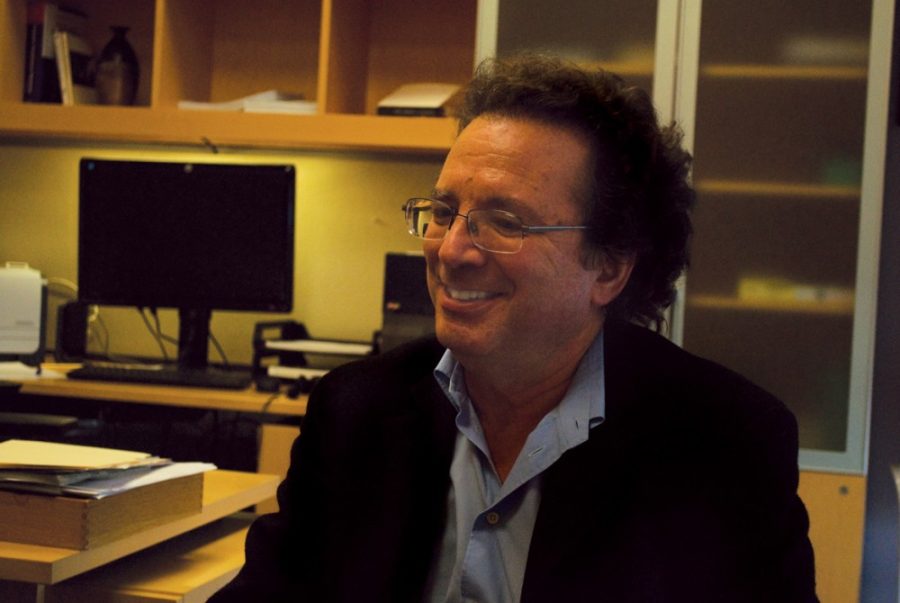UA faculty is taking a collaborative approach to research in order to further President Barack Obama’s initiative to solve the mysteries of the brain.
Dr. Fernando Martinez, a physician-scientist and head of the BIO5 Institute, was at the White House last week when Obama revealed the Brain Research through Advancing Innovative Neurotechnologies Initiative, a research initiative designed to revolutionize the understanding of the human brain.
The BRAIN Initiative aims to encourage the development of new technologies that will make it easier to study and understand how the brain works, thus enabling researchers to find new ways to treat, cure and prevent brain disorders and brain injuries.
In the last 10 years, BIO5 has been combining the labors of science, agriculture, medicine, engineering and pharmacy to solve biology-based issues affecting society.
“If we invest in bringing here the team members that are needed in order to respond to this new challenge, I think Arizona could have a major role in the BRAIN Initiative,” Martinez said. “We already have the basis.”
In order for these advancements to be made, experts from varied fields, like engineering and neuroscience, will have to collaborate and share their knowledge. Martinez said one of the challenges UA faculty will face is building teams that will work together even though the tradition has been to work in separate colleges, departments and institutions.
“If we’re really going to solve the problems of how the brain works, the next phase is all these people coming together with different points of view,” Martinez said.
Dr. David Labiner, head of the department of neurology, agreed that it’s important to collaborate as researchers transition from translating research to applying their knowledge to treating disease.
“The days of silos have to end,” Labiner said. “Some of the best ideas came from collaborative efforts.”
Dr. Carol Barnes, head of the Evelyn F. McKnight Brain Institute, said this is a great opportunity not only for the UA, but also for institutions across Arizona. It’s a chance to strengthen ties with other universities, institutions and hospitals, she said.
“We can benefit from interactions across the state and we can each contribute something different,” Barnes said.
Martinez said the president’s commitment to confronting health challenges despite the struggling economy was reassuring. Treating brain diseases is about more than curing a patient; it’s about giving them equal opportunities to enjoy life, he said.
Martinez added that he imagined his experience at the White House was similar to when President Kennedy announced the mission of putting a man on the moon. The moon landing was a critical event in the 20th century, and Martinez said he felt the BRAIN Institute could have the same impact in the 21st century.
“Maybe this ceremony was the initiation of a quest like the one that got us to the moon,” Martinez said. “It may improve the lives of millions of people worldwide.”









